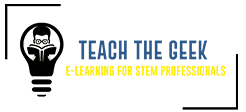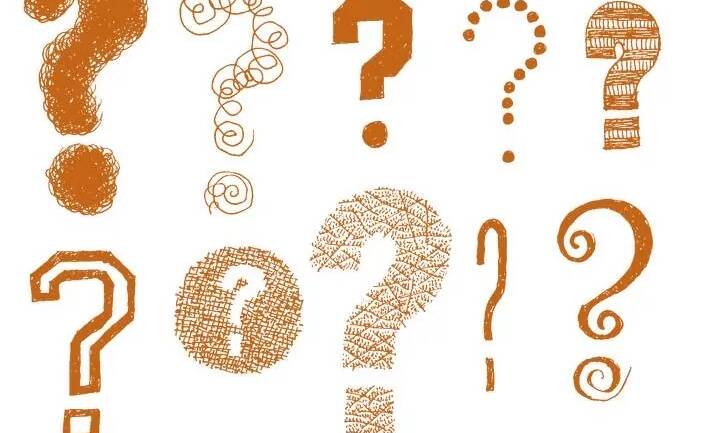The Q&A session after technical presentations can be stressful. How can they be less stressful? Here are three key strategies to handle questions from the audience.
Anticipating Questions
One of the fundamental aspects of preparing for a technical presentation is anticipating potential questions from the audience. Preparation should extend beyond the content of your presentation and encompass the Q&A session as well. Reflect on your own journey as a learner in the subject matter and consider the questions you had when you were less experienced. This approach helps you anticipate and address queries that may arise from the audience’s perspective. Once you have answers to questions, consider the level of expertise of your audience to tailor your answers accordingly.
Repeating the Question
When you receive a question during your presentation, repeat the question in your own words. This technique serves multiple purposes. Firstly, it allows you to buy some time to gather your thoughts and formulate a well-structured response. Secondly, it ensures that you have understood the question correctly, as restating it allows the questioner to confirm your understanding. Repeating the question until the questioner affirms your understanding is an effective way to avoid misunderstandings and address the question precisely.
Being Comfortable with “I Don’t Know”
Become comfortable with admitting when you don’t know the answer to a question. Many presenters, particularly technical experts, feel pressure to have all the answers. However, it’s best to embrace the phrase “I don’t know” rather than attempt to fabricate a response. By accepting your limitations, you avoid the pitfalls of providing inaccurate or contradictory information. Instead, express your willingness to find the answer and follow up with the questioner after the presentation if necessary. Demonstrating integrity and a commitment to acquiring accurate information will enhance your credibility as a presenter.
Mastering technical presentations involves more than delivering content; it requires skillful handling of questions from the audience. By anticipating questions, repeating them for clarification, and being comfortable with admitting when you don’t know, you can foster a positive and engaging Q&A session. Remember, effective question handling demonstrates your expertise and commitment to delivering accurate information. Incorporate these strategies into your preparation and presentation routine to enhance your overall effectiveness as a technical presenter.

